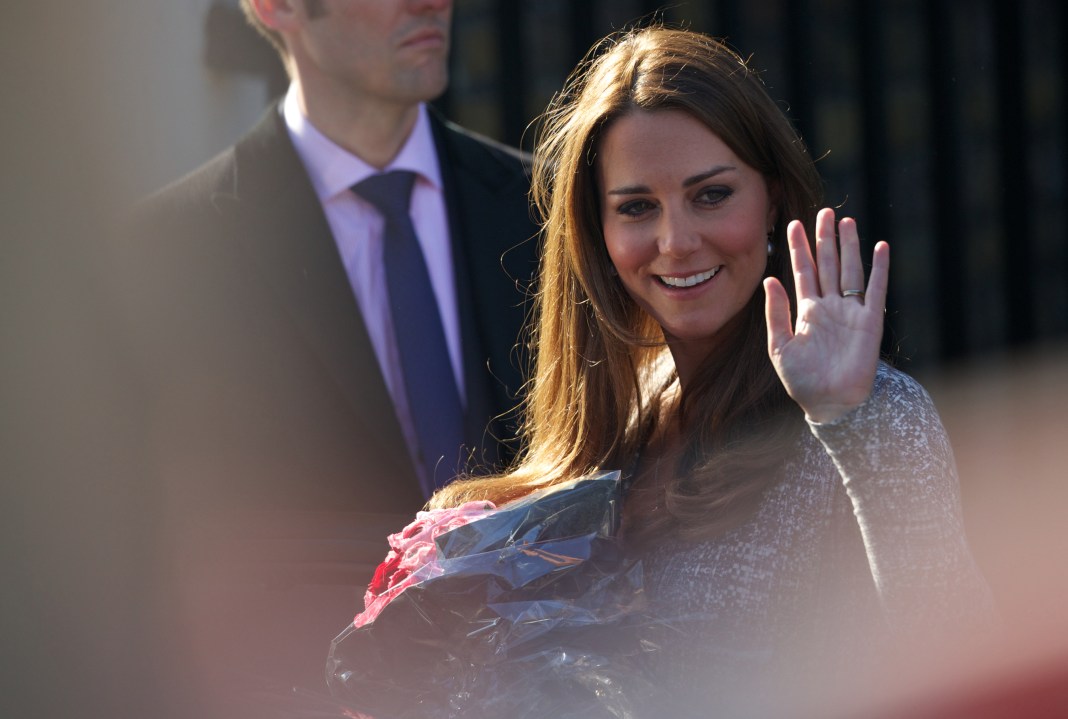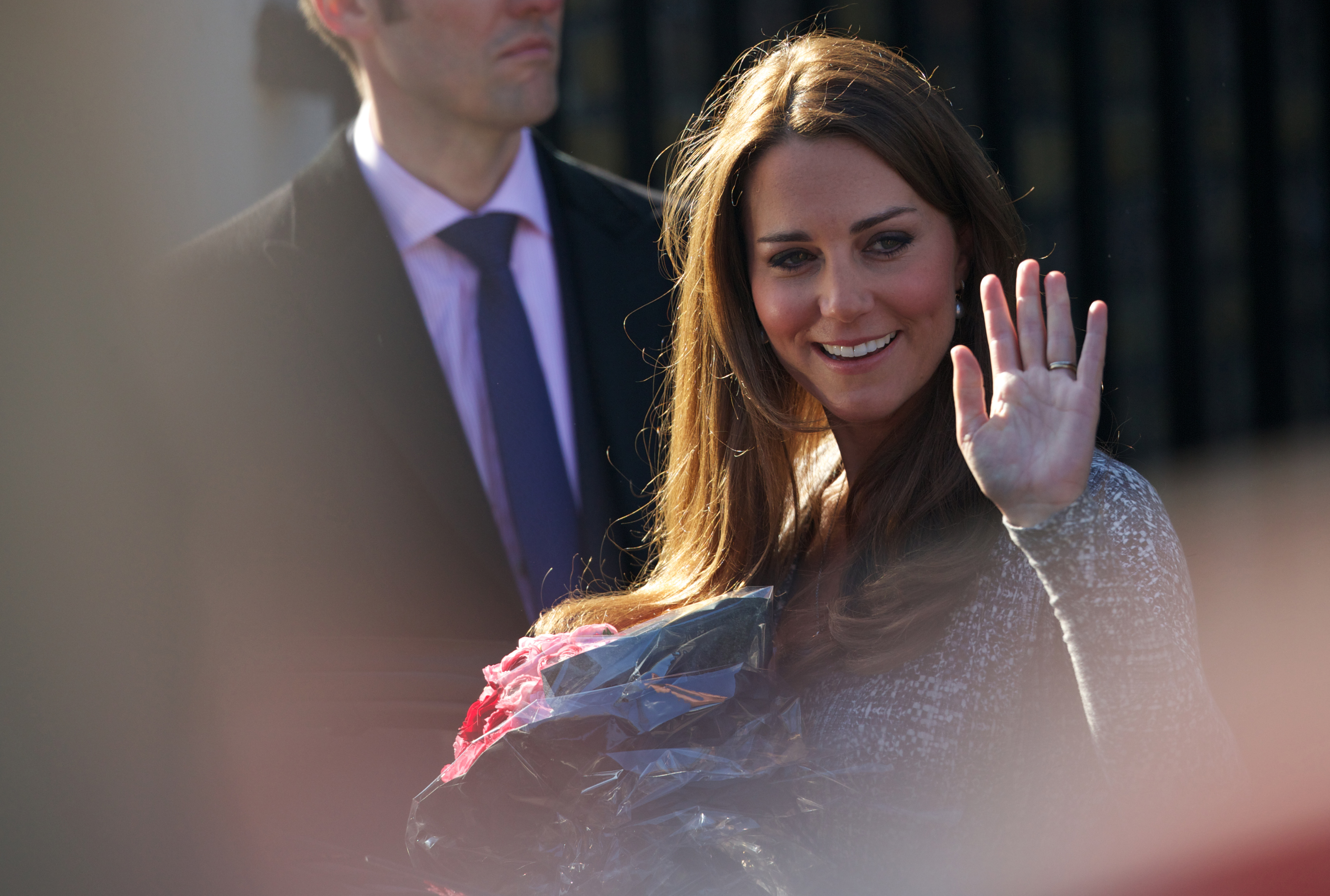Like grief, stupidity has a hierarchy. So, on balance, Ed Miliband’s response – if it can be so dignified – to Hilary Mantel’s essay about the mystery and magic attraction of royalty was even dumber than David Cameron’s. Neither, plainly, had read what Mantel had written. The Leader of the Opposition at least had the advantage of playing second. Having seen the Prime Minister make a chump of himself, Miliband would have been wise to resist the temptation to demonstrate his own chump credentials. This was beyond him. In modern British politics you cannot allow the existence – or even mere appearance – of a Chump Gap.
Then again, it is one thing to make a fool of yourself in response to an essay you have not read but quite another to do so having actually read the damn thing. Today’s papers are stuffed with pieces so lacking in elementary comprehension skills you’d fail any schoolboy whose response to a given piece of prose was so tendentious or, frankly, obtuse.
In the hierarchy of stupidity, these articles may trump even the contributions made by Messrs Cameron and Miliband.
The first thing to say about Mantel’s essay is that it’s not about the Countess of Strathearn at all. She features prominently in no more than four paragraphs in a piece that’s nearly six thousand words long.
The second thing to say is that it is pregnant with irony. The press doesn’t “do” irony which is doubtless one reason why Mantel’s article has been so widely misinterpreted. Sam Leith’s response was a blessed exception to this general trend. As he explained:
I don’t mean irony in its vulgar meaning of “sarcasm”, or the still more vulgar meaning of “saying something you don’t really mean”: but in the sense of inhabiting more than one position at once – of being able to observe something, but also to stand back and think about the way you are observing it, about the off-the-peg narratives and received ideas that shape your perceptions.
Tabloid papers – actually, all papers if we’re honest – deal in templates and received ideas: in pretty princesses, snooty highbrow authors, smirking fiends and tragic tots. It’s in the nature of that trade, though, that you can’t write about the templates and received ideas themselves. That is a level of reflexiveness, a level of self-scrutiny, too far.
Mantel was attacking the paper doll in which newspapers have imprisoned the real Kate Middleton. That can’t be acknowledged without admitting the idea that there’s a gap between this paper doll and the real person – that the Kate of your own front page is a brutal and sentimental fiction maintained for ease and profit. The point of Mantel’s piece was necessarily invisible to parsing in a Daily Mail news story. So a story had to be made – because here was a famous writer writing about a subject of intense interest to the paper – by missing the point.
Preach it, Brother Leith.
And the third thing to say is that Mantel’s remarks contain no criticism of Catherine at all. On the contrary, Mantel’s attitude is principally one of guilty sympathy. Sympathy because, as Mantel says, to be Royal is akin to being a panda bear: rare, fascinating, caged. Sympathy, too, because a life so seemingly luxurious has, in reality, always been precarious and difficult. Guilty because we all gawp at them, making us complicit in their gilded imprisonment. And guilty too because, sometimes, we can wonder if any of this really makes any sense.
So what did Mantel actually write that was so “offensive”? Only this:
Antoinette as a royal consort was a gliding, smiling disaster, much like Diana in another time and another country. But Kate Middleton, as she was, appeared to have been designed by a committee and built by craftsmen, with a perfect plastic smile and the spindles of her limbs hand-turned and gloss-varnished. When it was announced that Diana was to join the royal family, the Duke of Edinburgh is said to have given her his approval because she would ‘breed in some height’. Presumably Kate was designed to breed in some manners. She looks like a nicely brought up young lady, with ‘please’ and ‘thank you’ part of her vocabulary.
Who can really be upset by this? Only, perhaps, the Duke of Edinburgh. Who doubts that Catherine has been well-brought-up or that she seems to fit the part the she has been asked to play? At the time of her wedding were these not the very qualities which prompted so much enthusiasm for this latest Royal match? Indeed they were. Why, people said, she is so perfect for the role it is as though she had been specially designed to fit the clothes of a modern consort!
Of course she was not actually “designed by a committee” (though in older days, including those endured by her husband’s father an informal committee really did meet to consider the claims of prospective Royal brides). But, as was noted then and Mantel observes anew, if she had been so designed the committee could scarcely have produced a better – at least for now – product. This is not a criticism of Catherine, it is a compliment.
What else does Mantel say? Well, this:
Kate seems to have been selected for her role of princess because she was irreproachable: as painfully thin as anyone could wish, without quirks, without oddities, without the risk of the emergence of character. She appears precision-made, machine-made, so different from Diana whose human awkwardness and emotional incontinence showed in her every gesture. Diana was capable of transforming herself from galumphing schoolgirl to ice queen, from wraith to Amazon. Kate seems capable of going from perfect bride to perfect mother, with no messy deviation.
Only a churl can find this offensive. I suppose “painfully thin” is a matter of opinion but the rest of it, reminding us that Catherine remains an agreeable, dutiful, blank slate, is hardly controversial. Or, as Mantel put it:
In those days she was a shop-window mannequin, with no personality of her own, entirely defined by what she wore. These days she is a mother-to-be, and draped in another set of threadbare attributions. Once she gets over being sick, the press will find that she is radiant. They will find that this young woman’s life until now was nothing, her only point and purpose being to give birth.
Who really thinks they “knew” Kate Middleton? Who knows her now? Who could confidently say anything sensible about her personality beyond the fact she appears a pleasant, decent person (she has, I think, thrown herself into Royal charitable work with great enthusiasm)? Is it rude to describe her as a kind of mannequin? I hardly think so. Is it dreadful to note that providing an heir is, constitutionally speaking, her principle responsibility? Hardly, even if we might question if the press really thinks this her “only point and purpose”. In time, however, her personality – the subject of some measure of media management – may bring the doll to life.
Given the disastrous marriages the Queen’s offspring have endured there is something to be said for calm, solid, dutiful William and Kate. They seem well-prepared for the life they must lead and as well-suited to it as anyone can expect. Even so, like any princess (sic) she is in some ways a fictional creation. As we cannot know her – not least because the role does not permit it – we must create her. There are, in that respect, many Kates.
A telling line in Mantel’s piece is her admission that upon meeting Queen Elizabeth “I passed my eyes over her as a cannibal views his dinner.” This is not a boast. To admit a sensation is not the same as to endorse it. Indeed, it is quite evident that Mantel is discomfited by her own instinctive reaction to the monarch’s presence. Evident too that, knowing that her reaction is hardly unusual and sensing that the Royals must know that this is a common reaction, she can observe her own feelings and wonder what it must be like to be on the receiving end of such reactions. Every day. This too is part of the wonder of Royalty.
And that wonder – not Kate – is Mantel’s actual subject. She ends with a plea for empathy:
Cheerful curiosity can easily become cruelty. It can easily become fatal. We don’t cut off the heads of royal ladies these days, but we do sacrifice them, and we did memorably drive one to destruction a scant generation ago. History makes fools of us, makes puppets of us, often enough. But it doesn’t have to repeat itself. In the current case, much lies within our control. I’m not asking for censorship. I’m not asking for pious humbug and smarmy reverence. I’m asking us to back off and not be brutes. Get your pink frilly frocks out, zhuzh up your platinum locks. We are all Barbara Cartland now. The pen is in our hands. A happy ending is ours to write.
I think Princess Diana had greater agency than Mantel allows but that apart if this is a bitter and spiteful attack upon Prince William’s bride then, blimey, I’d hate to see what happens when someone decides to bring a knuckleduster to the fight.








Comments